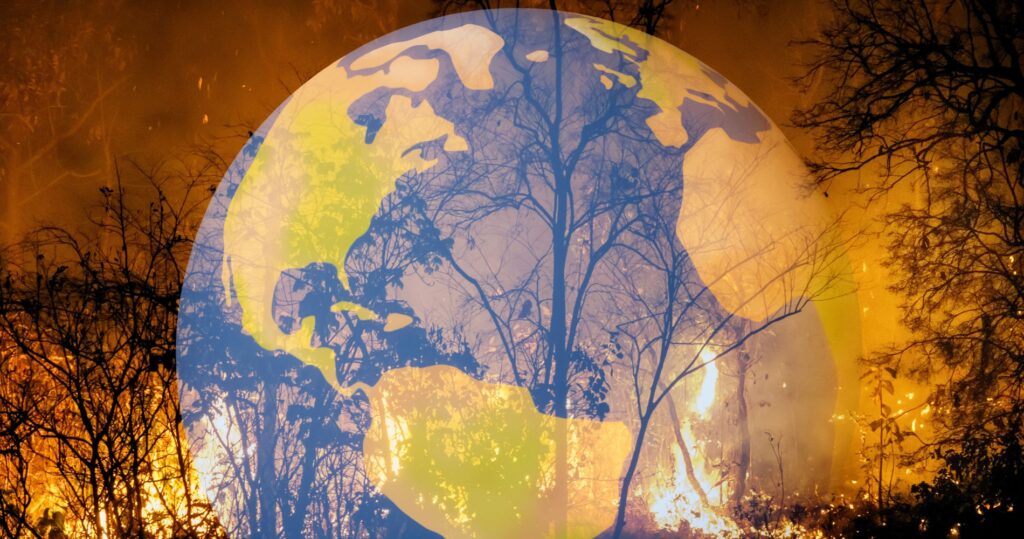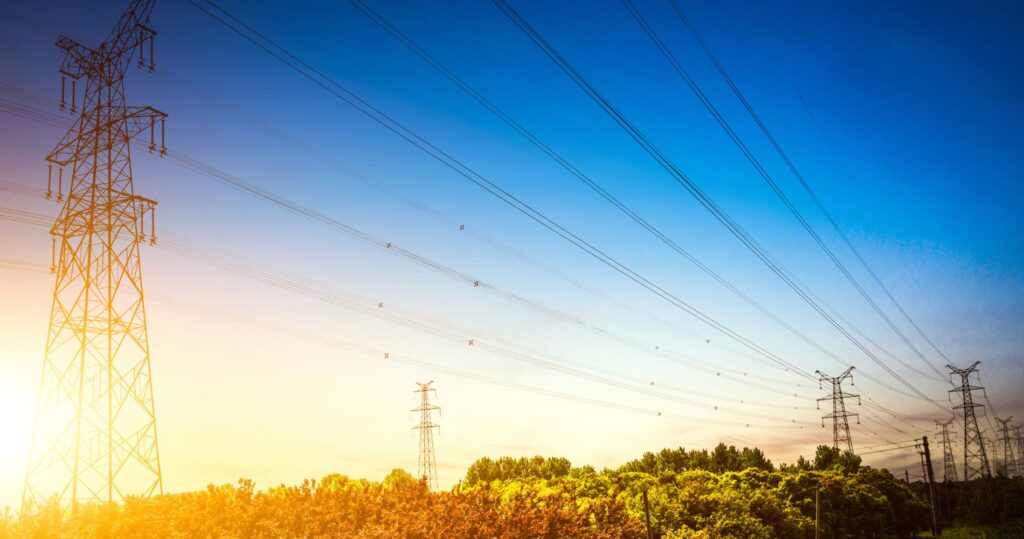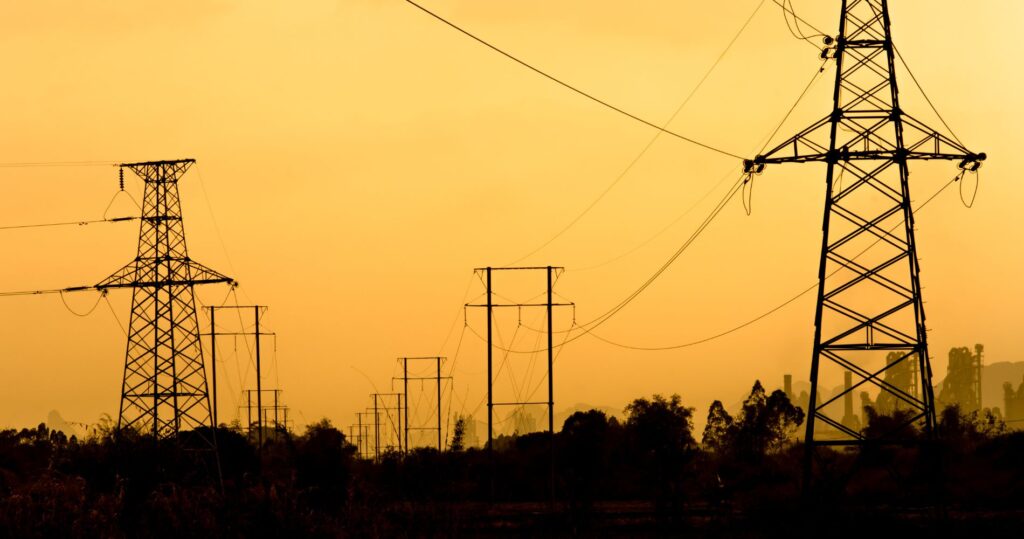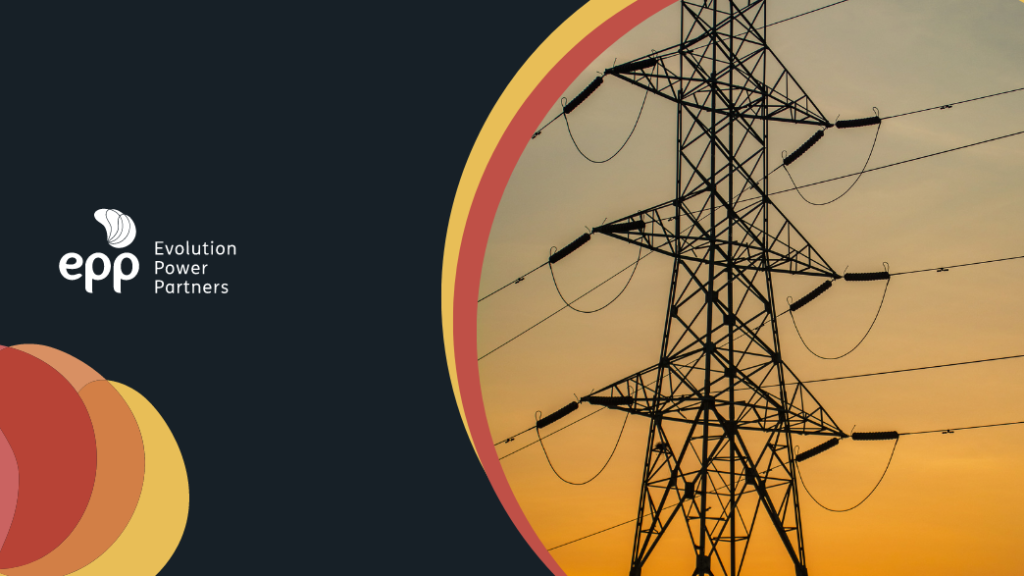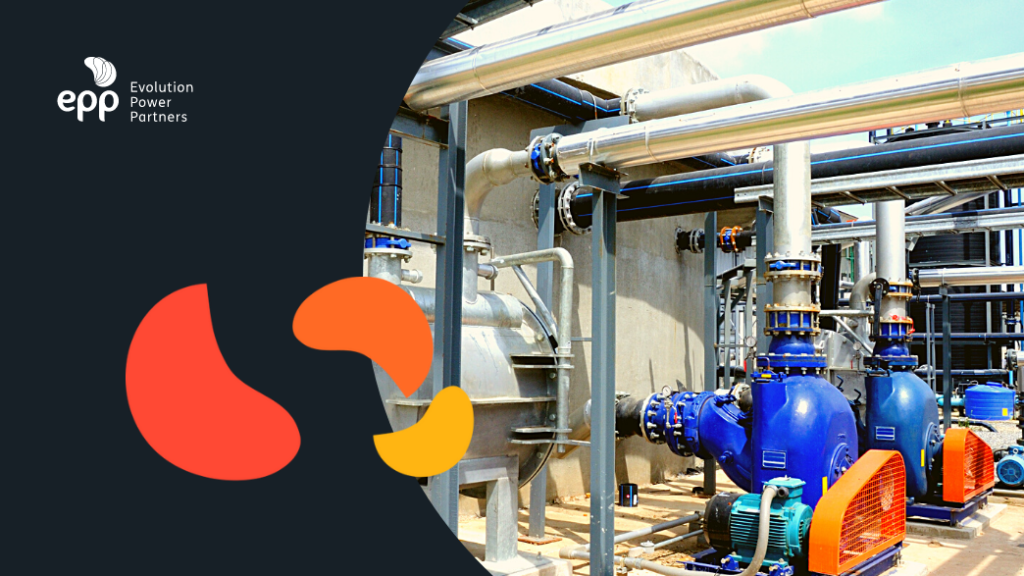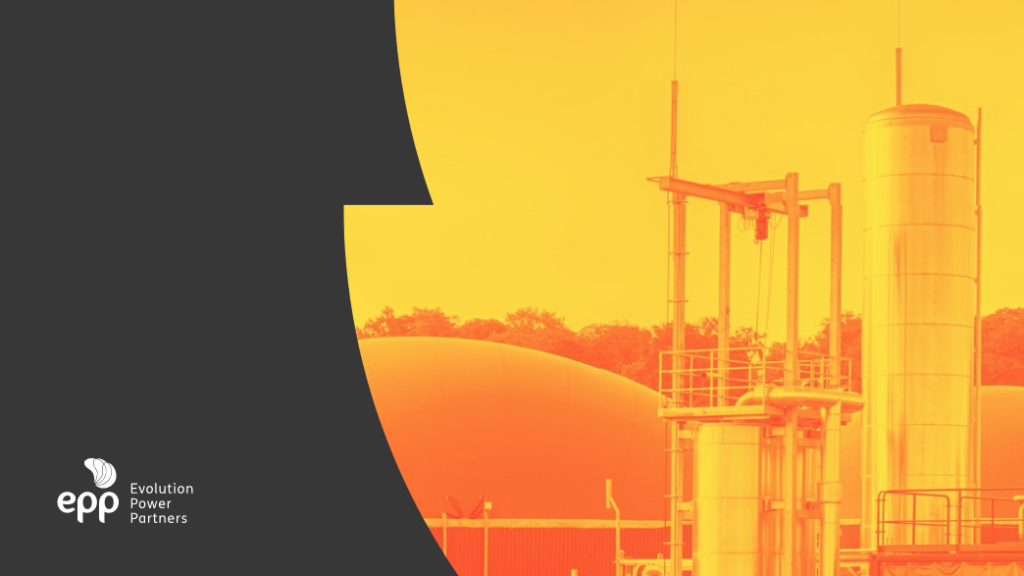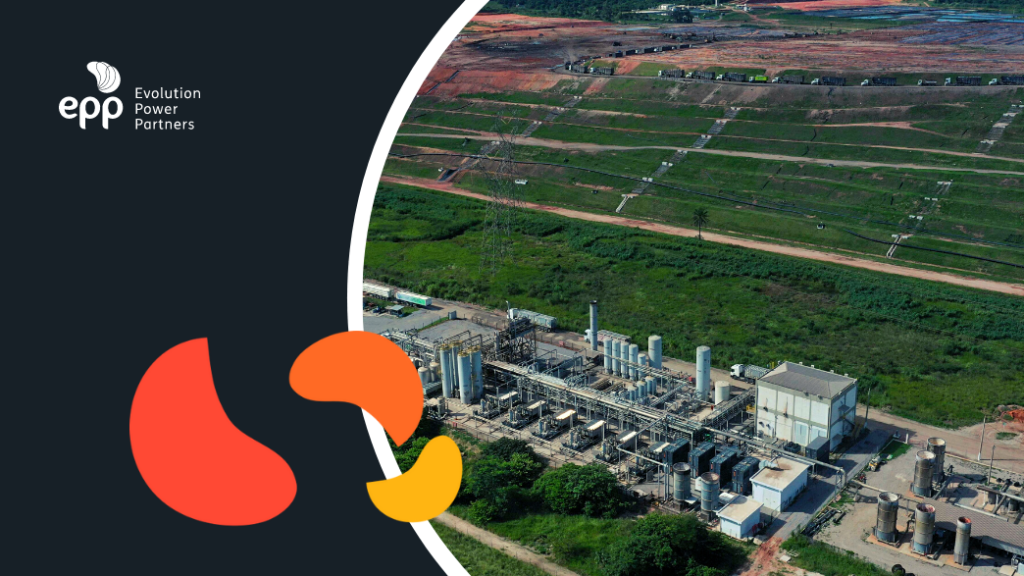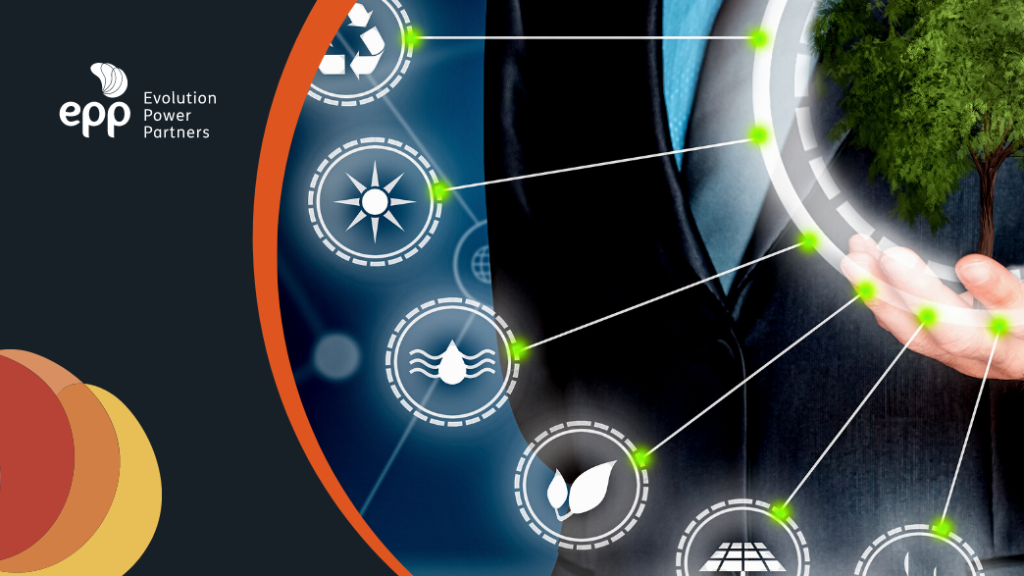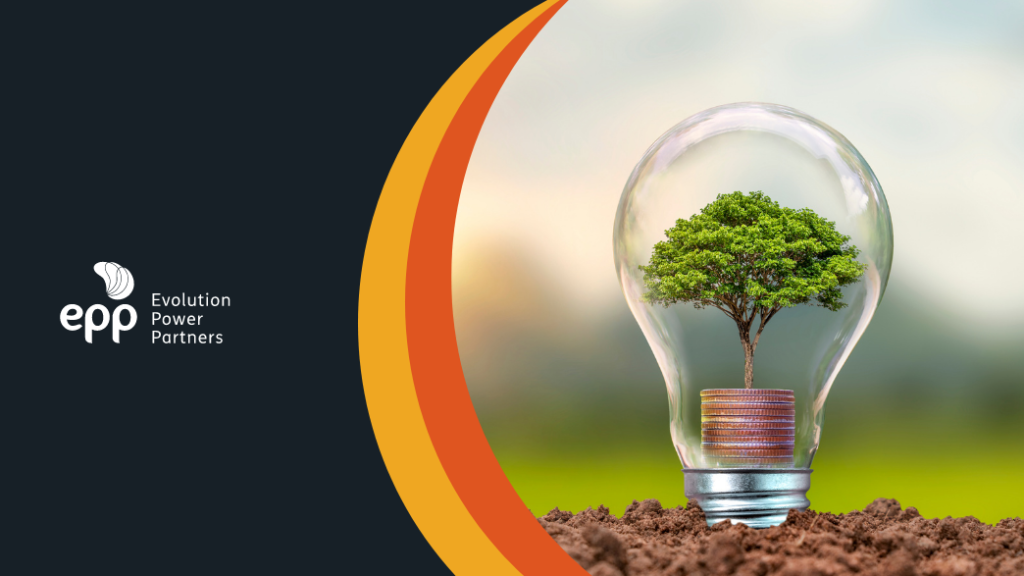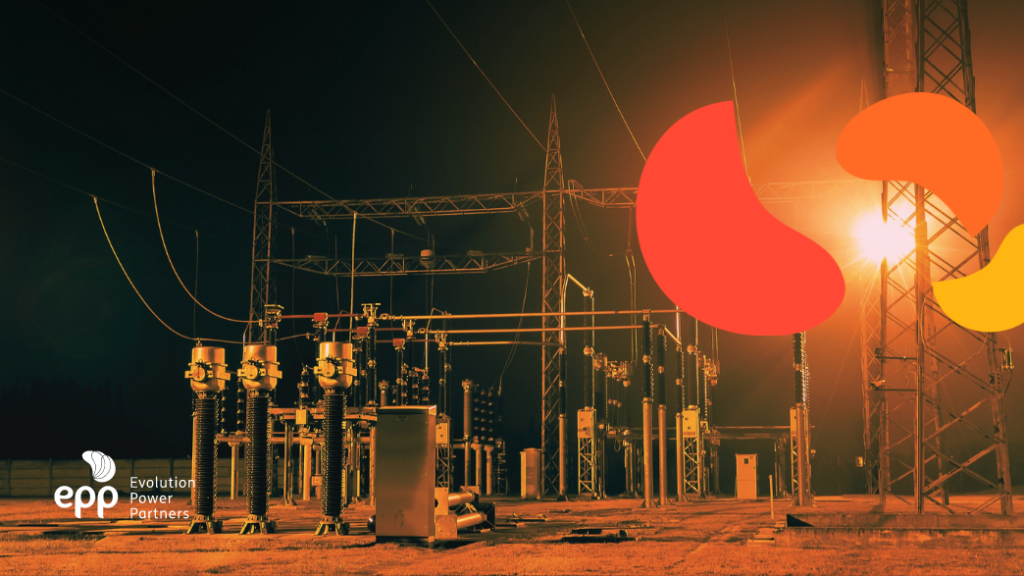Distributed Generation (DG), a concept that is expanding in Brazil and around the world, is at the heart of our sustainable energy future. It involves the production of electrical energy near or at the point of consumption, eliminating the need for long transmission and distribution networks. With the advancement of renewable energy technologies such as solar and wind, GD promotes a range of benefits including energy efficiency and resiliency.
Biogas in Brazil is an energy source that has enormous potential, but not yet explored. It is possible to obtain the gas from several sources, such as biomass, organic solid waste from sanitary landfills and animal waste. According to the Energy Research Company (EPE), currently the main source of biogas production is landfills, with 51%, followed by the beverage and food industries with 25% and swine farming with 14%.
To encourage the production of biogas and biomethane in Brazil, the government launched measures for the sector. The actions are in line with the commitments made by the country at the 26th United Nations Conference on Climate Change (COP26) to decarbonize the energy matrix. Currently, Brazil uses only 2% of what it could produce from these fuels. In other words, there is a huge space for development in the area, however, investments and legislation are essential for this growth.
The energy generated from landfills contributes to a reduction in the emission of greenhouse gases, in addition to providing a correct and better disposal of organic waste. Landfills are the main resources used by government entities for disposal and treatment of solid waste produced by the population.
Since the Industrial Revolution, the world's energy system has focused on the use of fossil fuels to generate energy and keep the entire production chain moving. Over time, this dependence has generated global shocks and geopolitical consequences, as countries that own oil wells centralize power due to the need for other nations to buy this commodity.
- 1
- 2
